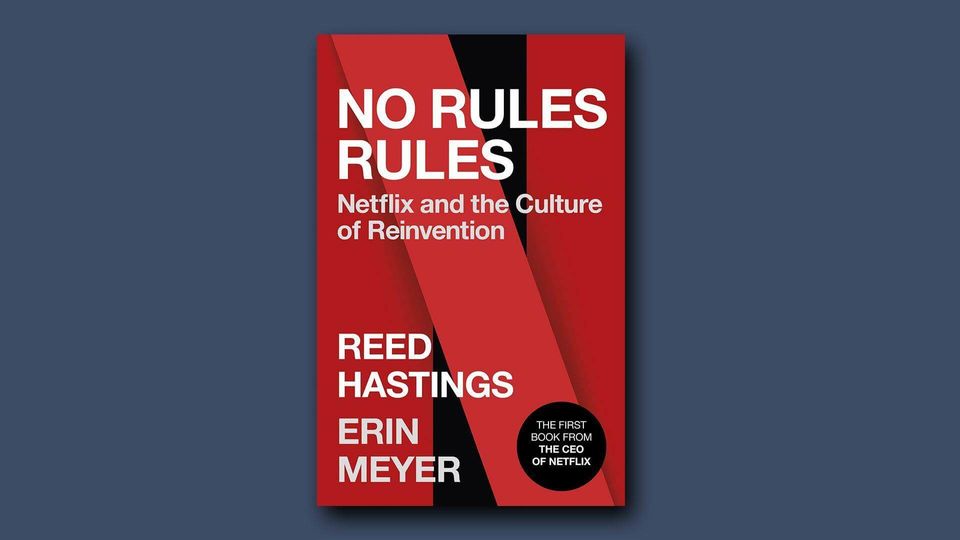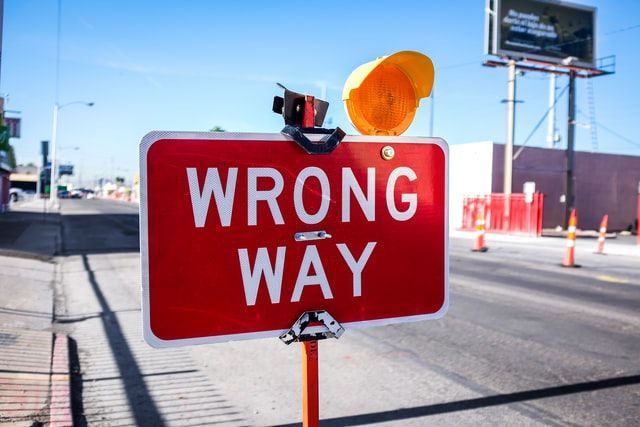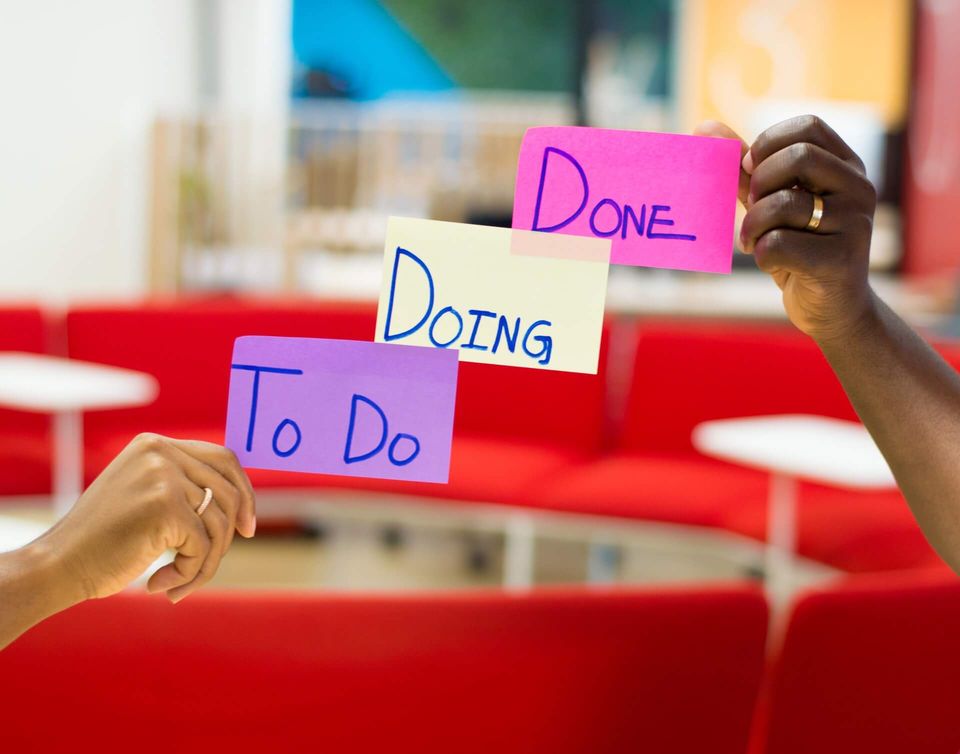Yesterday I came across a post about the book " No rules. Netflix's unique culture” https://www.facebook.com/ISDubrovin/posts/4198714376808708
Earlier (03/02), the book was discussed at the Book Club for Managers from Antwerp Management School. And I also wanted to share my thoughts in the channel 🙂
Who should read this book? First of all, the CEOs of companies and the entire board.
Why is that? Because, as has long been known, fish rots from the head, and if this culture does not arise there, then it should not be expected at the bottom. We recall the remarkable system thinking “Local change does not lead to change at the system level".
Why is it important to read? In my opinion, the answer is simple. If you don't want to end up like Blockbuster, Nokia, or Enron, then develop your corporate culture. Real development... and then, it is better to read.
Since I read books in the original, the translation always takes something away (I know as a translator), I will give you what caught me at the very beginning of the book:
1. About teams:
"If you have a team of five stunning employees and two adequate ones, the adequate ones will
- sap managers’ energy, so they have less time for the top performers,
- reduce the quality of group discussions,
- lowering the team’s overall IQ,
- force others to develop ways to work around them,
- reducing efficiency,
- drive staff who seek excellence to quit,
- and show the team you accept mediocrity, thus multiplying the problem.
- For top performers, a great workplace isn’t about a lavish office, a beautiful gym, or a free sushi lunch. It’s about the joy of being surrounded by people who are both talented and collaborative. People who can help you be better. When every member is excellent, performance spirals upward as employees learn from and motivate one another.
2. About the REAL feedback culture.
"…Later I ran into Ted in the men’s washroom. He asked how my first day was going so I told him, “Wow Ted, I couldn’t believe the way that guy was going at you in the meeting.” Ted looked totally mystified. He said, “Brian, the day you find yourself sitting on your feedback because you’re worried you’ll be unpopular is the day you’ll need to leave Netflix. We hire you for your opinions. Every person in that room is responsible for telling me frankly what they think…"
When this feedback-the emphasis on a flaw and the need to reconsider the question-is not worth a career, but on the contrary, silencing leads to the fact that you will be shown the door.
What else I would like to note is that the book was written together with the wonderful Erin Meyer, who was also "showered" with feedback in the process of her research of the company's culture. How Erin got there, you will learn from the book, enjoy reading 🙂https://www.amazon.com/gp/product/1984877860/ref=as_li_tl?ie=UTF8&camp=1789&creative=9325&creativeASIN=1984877860&linkCode=as2&tag=chpokify-20&linkId=c0c294f8453dca60c2b494183a304655




